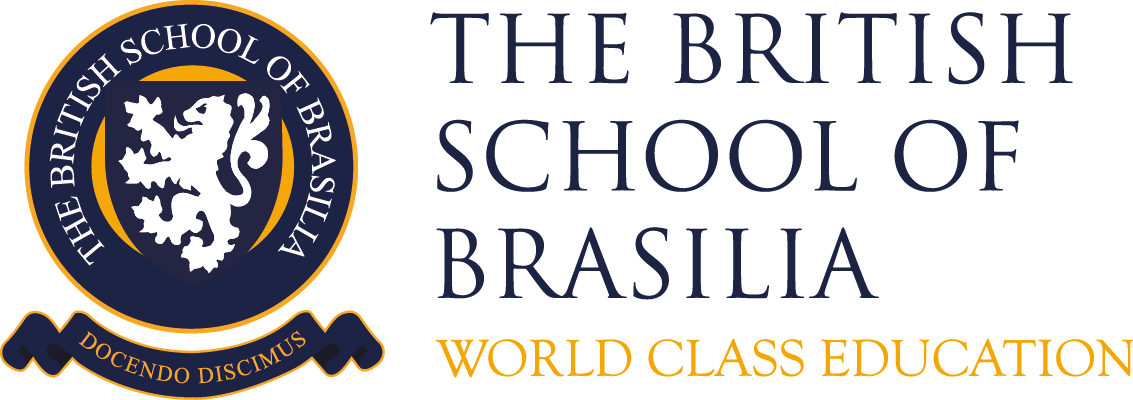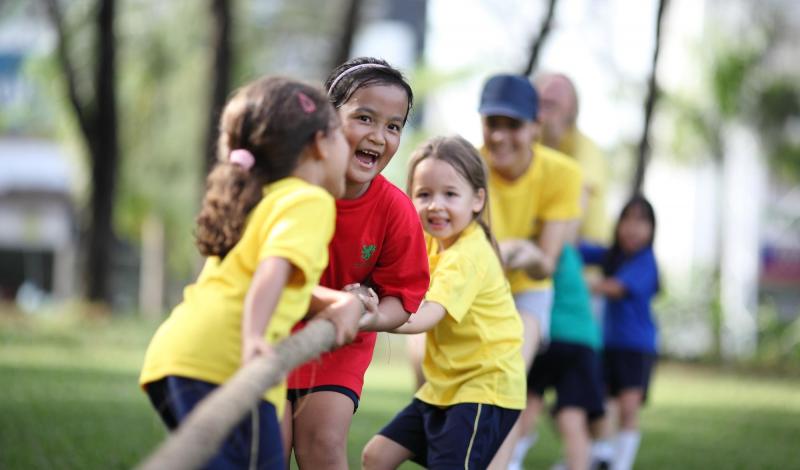Reading With Your Child
Helping your child at home with his/her reading is incredibly beneficial at this early stage of their ‘reading journey’. Asking questions about texts will support children’s reading comprehension and help develop their reasoning skills. It is, however, important for children to ask their own questions as they read the book as this helps to improve their understanding.
Children benefit from reading a range of fiction and non-fiction texts. With non-fiction books, the aim, in Year 1, is to understand that these books do not need to be read in order and that the contents and index pages can be used to find information quickly. Non-fiction also extends children’s vocabulary by introducing technical words, as well as broadening their general knowledge.
During reading sessions, questions should be mostly open-ended (that is, questions that require more than a yes or no answer). Your child’s exploration of the text should begin by examining the front cover, reading the synopsis and predicting what the book might be about.
As this exploration takes place some useful questions would be:
Is this text fiction or non-fiction? Why do we read this type of book? For enjoyment or for information?
What do you think this book might be about? What type of characters do you think might be in this book?
Open-ended questions:
For example:
If you have any questions about reading, always feel free to contact your child’s teacher for clarification. Enjoy your reading and remember it must be fun.
Children benefit from reading a range of fiction and non-fiction texts. With non-fiction books, the aim, in Year 1, is to understand that these books do not need to be read in order and that the contents and index pages can be used to find information quickly. Non-fiction also extends children’s vocabulary by introducing technical words, as well as broadening their general knowledge.
During reading sessions, questions should be mostly open-ended (that is, questions that require more than a yes or no answer). Your child’s exploration of the text should begin by examining the front cover, reading the synopsis and predicting what the book might be about.
As this exploration takes place some useful questions would be:
Is this text fiction or non-fiction? Why do we read this type of book? For enjoyment or for information?
What do you think this book might be about? What type of characters do you think might be in this book?
Open-ended questions:
- Why do you think...?
- What is happening....?
- Why did that happen?
- What do you think will happen....?
- Why is.....?
- How is....?
- How would you change any of the story if you could?
- How would you feel if....?
- What do you think would happen if...?
- How do you know that it’s a fiction/non-fiction book?
- think about texts,
- use their existing language,
- develop the vocabulary used to answer questions
- answer questions giving more detail,
- empathise and sympathise with characters,
- express their thoughts and feelings,
- give their opinions,
- enhance their creativity and;
- use their imaginations when they create alternative scenarios and endings.
For example:
- Has something like this ever happened to you?
- What happened?
- Did you like it?
- Why/why not?
- Which character do you like the most? Why?
If you have any questions about reading, always feel free to contact your child’s teacher for clarification. Enjoy your reading and remember it must be fun.



